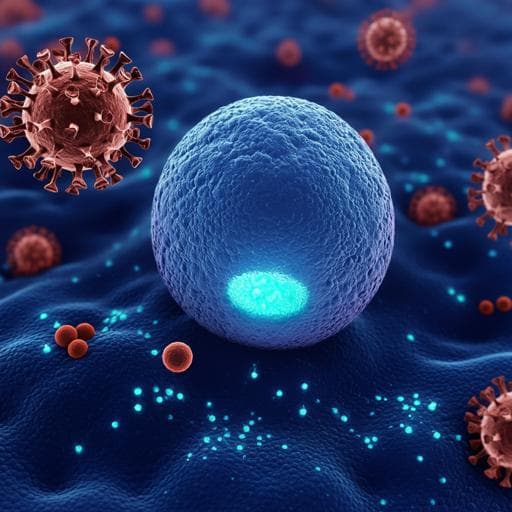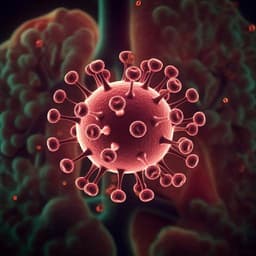
Medicine and Health
Combining machine learning and nanopore construction creates an artificial intelligence nanopore for coronavirus detection
M. Taniguchi, S. Minami, et al.
This groundbreaking research by Masateru Taniguchi and colleagues introduces a cutting-edge method for rapid detection of coronaviruses using nanopores and AI, achieving remarkable sensitivity and specificity in just 5 minutes—all without RNA extraction.
Related Publications
Explore these studies to deepen your understanding of the subject.







